Chordata

Steppe Bison
Bison priscus

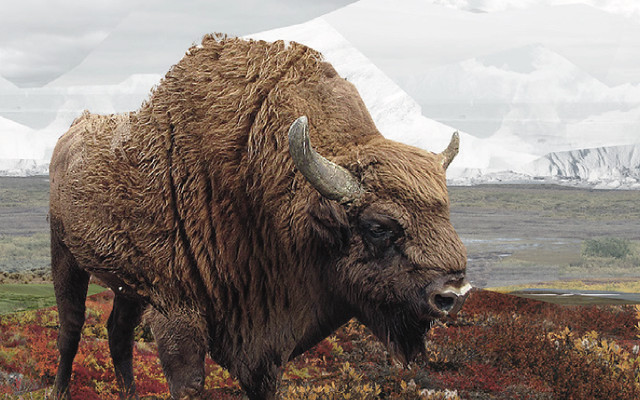
EXTINCT | 6 POINTS
PLAY: Move of 2
FACT: The horns are used for protection against predators: both bulls & cows have horns. In 2011, a mumified steppe bison was found in Siberia with all its intestines intact. In 1984, another mummified steppe bison, Blue Babe, was used in a stew made and eaten by scientists in Alaska.

Arctic Ground Squirrel
Spermophilus parryii

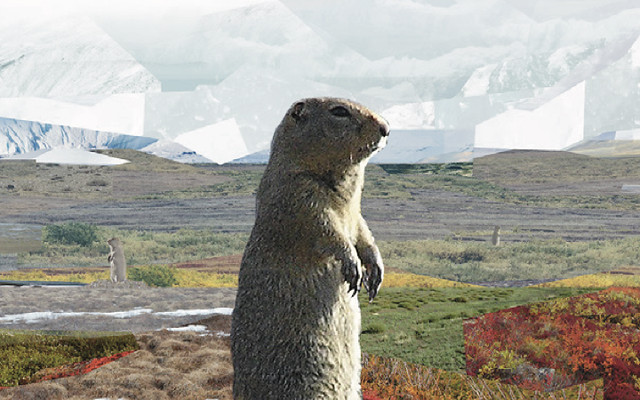
6 POINTS
PLAY: Move of 2
FACT: The Arctic ground squirrel was prey for a multitude of carnivores of the tundra steppe. When the Arctic ground squirrel hibernates its body temperature decreases to below zero degrees and its heart beats less than once a minute.

Cave Lion
Panthera leo spelaea

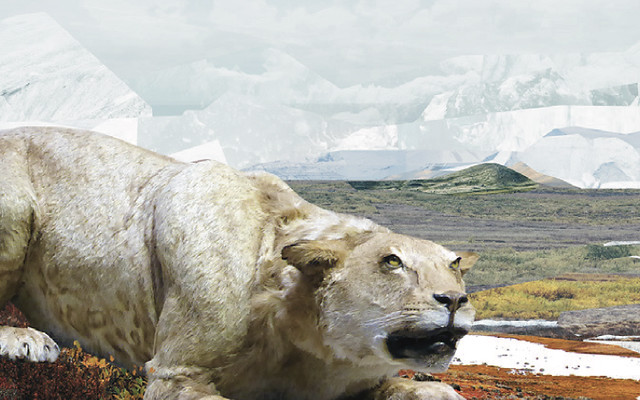
EXTINCT | 6 POINTS
PLAY: Move of 2. The card may be put next to all sizes of herbivores. If the card is put next to a Cave bear it loses one point.
FACT: While searching for food, the Cave lions occasionally entered caves of hibernating Cave bears. The outcome for some of the Cave lions were death by the awakened Cave bear.

Northern Collared Lemming
Dicrostonyx groenlandicus

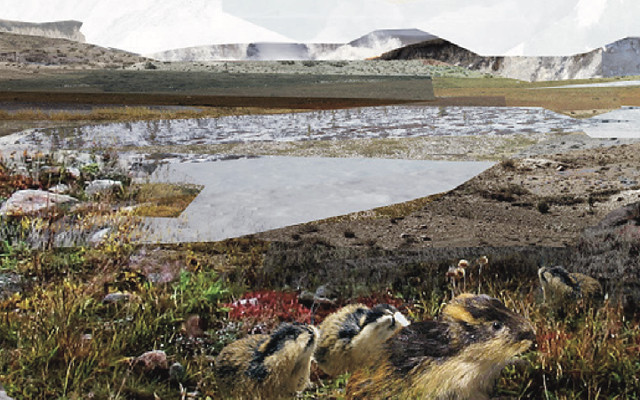
4 POINTS
PLAY: Move of 2
FACT: The litter size of the Northern collared lemming ranges between 5-8 young. The female has up to 6-8 litters per year.

Arctic Fox
Vulpes lagopus

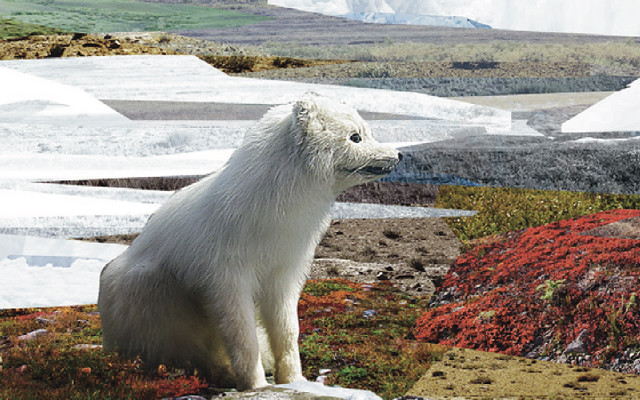
7 POINTS
PLAY: Move of 2. If the card is put next to a Northern collared lemming, add one extra point.
FACT: Arctic foxes are monogamous when they raise their cubs. The cubs are kept in underground caves. They build up their fat reserves in the autumn and can increase their weight up to 50%.

Reindeer
Rangifer tarandus

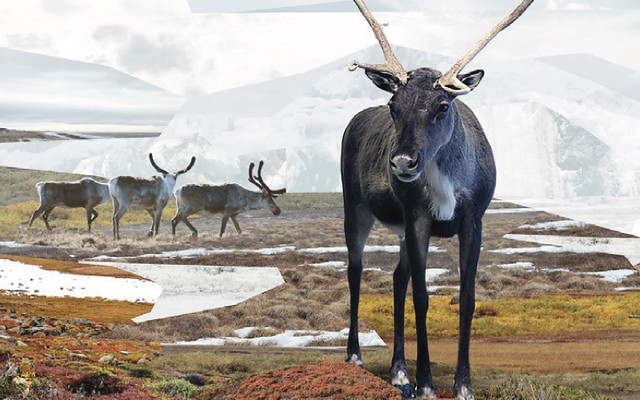
4 POINTS
PLAY: Move of 2.
FACT: Reindeers live in herds of up to several thousand animals. The first humans in Denmark followed reindeer from the south and were highly dependent on them for food and materials.